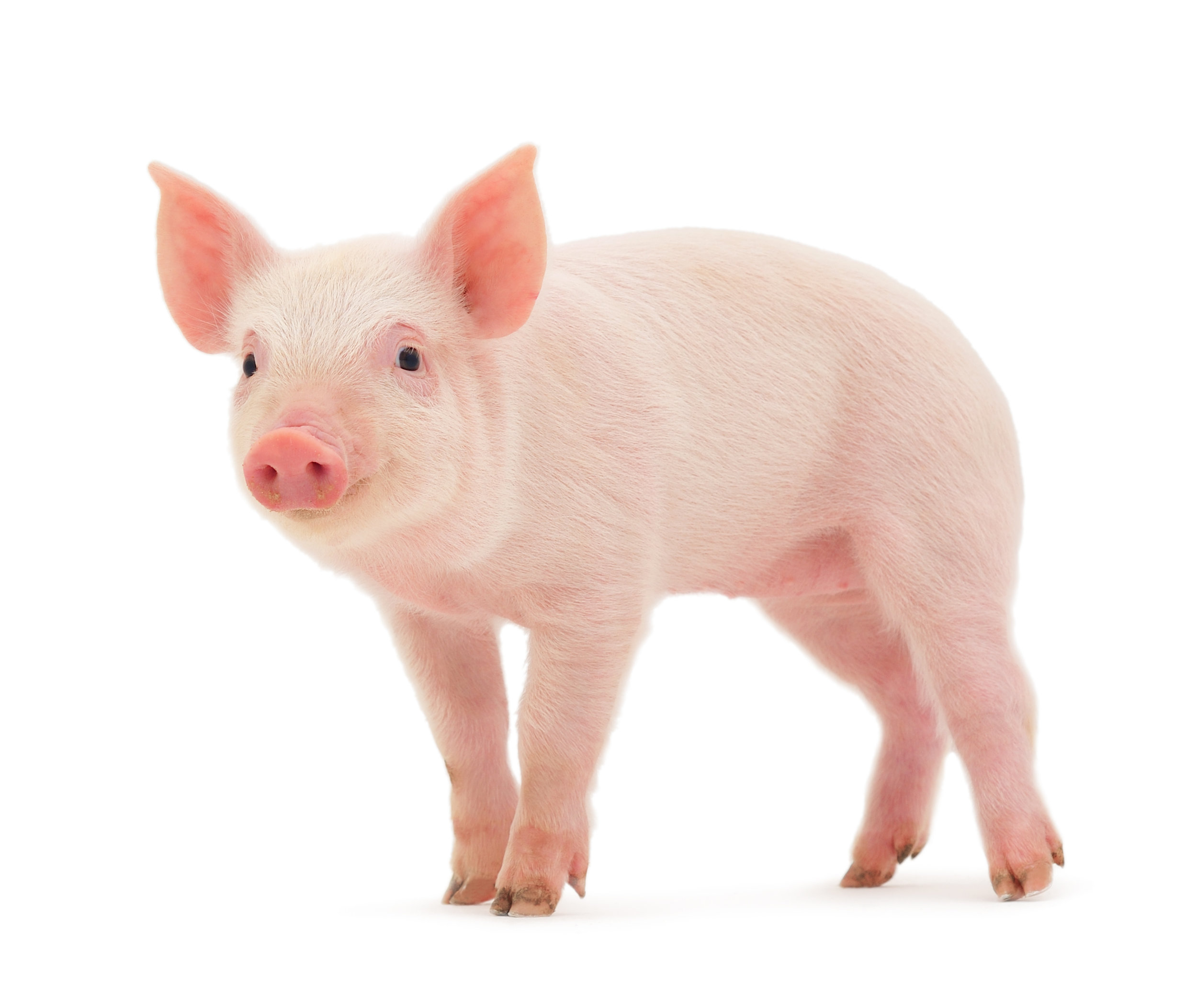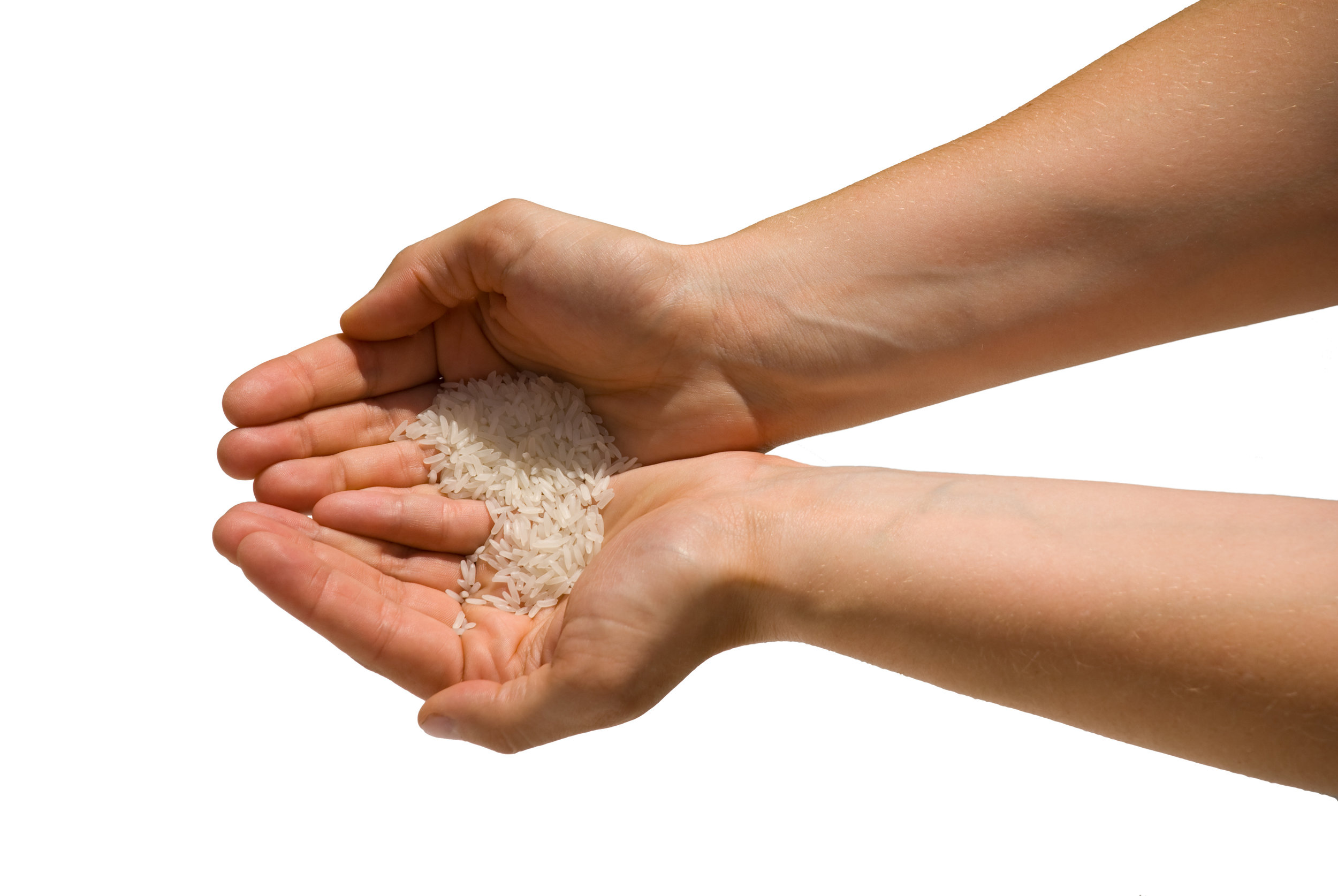vegan to save OUR ENVIRONMENT
“A person who follows a vegan diet produces the equivalent of 50% less carbon dioxide, uses 1/11th oil, 1/13th water, and 1/18th land compared to those who include animal products in their diet. Each day, a person who follows a vegan diet saves 1,100 gallons of water, 45 pounds of grain, 30 square feet of forested land, 20 pounds CO₂ equivalent, including one animal’s life.”
greenhouse gases
Animal agriculture is responsible for 18 percent of greenhouse gas emissions, more than the combined exhaust from all transportation.
Transportation exhaust is only responsible for 13% of all greenhouse gas emissions.
Livestock and their byproducts account for at least 32,000 million tons of carbon dioxide (CO2) per year, or 51% of all worldwide greenhouse gas emissions.
Methane is 25-100 times more destructive than CO2 on a 20 year time frame and cows produce 150 billion gallons of methane per day.
Even without fossil fuels, we will exceed our 565 gigatonnes CO2e limit by 2030, all from raising animals.
“Bringing animals into the world only to kill them is not part of the ‘cycle of nature.’ We artificially inseminate animals, kill them years before their life span is up, then justify it as ‘natural’, comparing ourselves to ‘other animals who kill to survive’. Last time I looked, lions weren’t breeding gazelles. ”
THE LANd
Livestock covers 45% of the earth’s total land.
1/3 of the planet is desertified, with livestock as the leading driver. Desertification is a type of land degradation in which a relatively dry area of land becomes increasingly arid, typically losing its bodies of water as well as vegetation and wildlife.
Animal agriculture is the leading cause of species extinction, ocean dead zones, water pollution, and habitat destruction.
Livestock operations on land have created more than 500 nitrogen flooded deadzones around the world in our oceans.
We can produce 15 times more protein with plants than with animals on any given area of land.
more REASONS TO GO VEGAN
Click on an image below
REFERNCES
Environmental Protection Agency. "Global Greenhouse Gas Emissions Data".
"Livestock' Long Shadow: environmental issues and options". FAO. Rome. 2006
"Carbon Dioxide Emissions to 2040". Energy Global. 06 January 2015
"World Energy Outlook 2014 Factsheet". International Energy Agency.
"International Energy Outlook 2016". U.S. Energy Information. May 11, 2016
"Overview of Greenhouse Gases". United States Environmental Protection Agency.
"Key facts and findings. By the numbers: GHG emissions by livestock". FAO. (New)
250-500 liters per cow per day, x 1.5 billion cows globally is 99 - 198.1 billion gallons. Rough average of 150 billion gallons CH4 globally per day.
Source: calculation is based on http://www.worldwatch.org/node/6294 analyses that 51% of GHG are attributed to animal ag.










